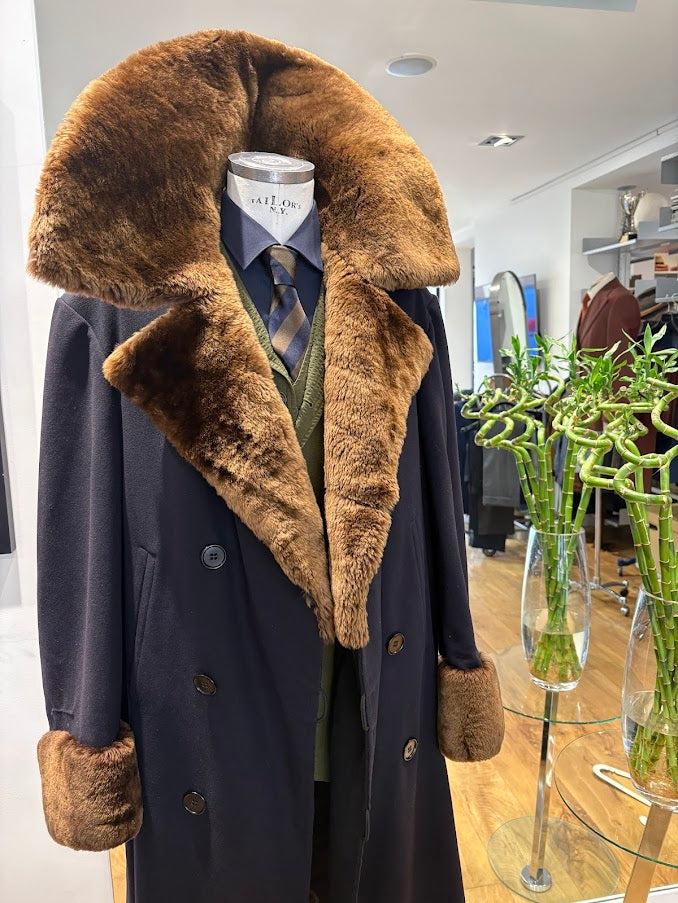
Restoring a Century-Old Greatcoat: A Piece of Tailoring History
At Charlie Allen, we don’t often take on alterations, but every now and then, a special project comes along that we simply can’t refuse. One of our favourite clients approached us with a request steeped in history and craftsmanship—he wanted to restore a greatcoat that had been in his family for over 110 years. Passed down generations from his great-great-great grandfather now to him, he is the fourth generation to own this coat. This remarkable coat had spent years stored away in an attic, its structure and materials bearing the weight of time. Our challenge? To make this heirloom wearable once more for a modern generation while preserving its integrity and heritage.
The Greatcoat: A Staple of Practicality and Prestige
Greatcoats have long been a symbol of durability, protection, and timeless style. Originating as military and naval garments, these heavy overcoats were designed to shield the wearer from extreme climates, particularly in Northern Europe, where winters were long and unforgiving. The coat we were entrusted with was believed to have been crafted by a bespoke tailor in Norway or Sweden at the turn of the 20th century, using a thick boiled wool—the very same fabric that sailors’ garments were made from. Given Sweden's more established tailoring industry at the time, we believe the coat most likely originated there. Swedish cities such as Stockholm, Gothenburg, and Malmö were home to many skilled tailors who crafted high-quality outerwear, making it more probable provenance for this piece.
Boiled wool is a unique material, both in texture and function. Unlike regular woven wool, it undergoes a process called fulling, where it is boiled and agitated in a soapy alkaline solution. This causes the wool fibers to interlock, creating a dense, felt-like fabric that is highly durable, water-resistant, and excellent at maintaining a consistent temperature. Historically, this made boiled wool a practical necessity for those facing harsh Scandinavian winters, explaining its widespread use in greatcoats and outerwear.
Lanpher Furs page 67 - A drawing of a man in a fur coat and hat
The Restoration Process
The coat itself was a stunning example of early 1900s tailoring—double-breasted with a dramatic collar and lapel faced with brown bear fur. These coats were not only practical but also reflected the craftsmanship and materials available at the time. Fur linings were commonly used in cold climates, offering unparalleled insulation. In this case, the original black bear fur lining had begun to deteriorate, making the coat heavy and difficult to wear. To adapt it for life in the UK while staying true to its heritage, we replaced the lining with machine-quilted satin and wadding. This significantly lightened the coat, making it more practical for daily wear while ensuring warmth and breathability. The new lining provides a balance between modern comfort and the coat’s historical integrity.
The collar and cuffs, originally made from brown bear wool, had stood the test of time remarkably well. We took great care in preserving these details, as they added to the coat’s character and history. Additionally, we reinforced the coat’s structure, ensuring it could continue to be worn for years to come while still honouring its origins.
A Living Piece of History
Restoring this greatcoat was more than just a technical exercise—it was an opportunity to engage with a piece of tailoring history. The craftsmanship of early 20th-century bespoke tailoring is something we deeply admire, and working on this coat allowed us to appreciate the old techniques that have shaped our craft today.
The result? A revitalized coat that maintains its original charm and purpose while being wearable for the modern era. Our client was happy to see this heirloom brought back to life, ready to be worn and cherished for years to come.
This project was a reminder that true tailoring endures—not just through trends, but through generations.


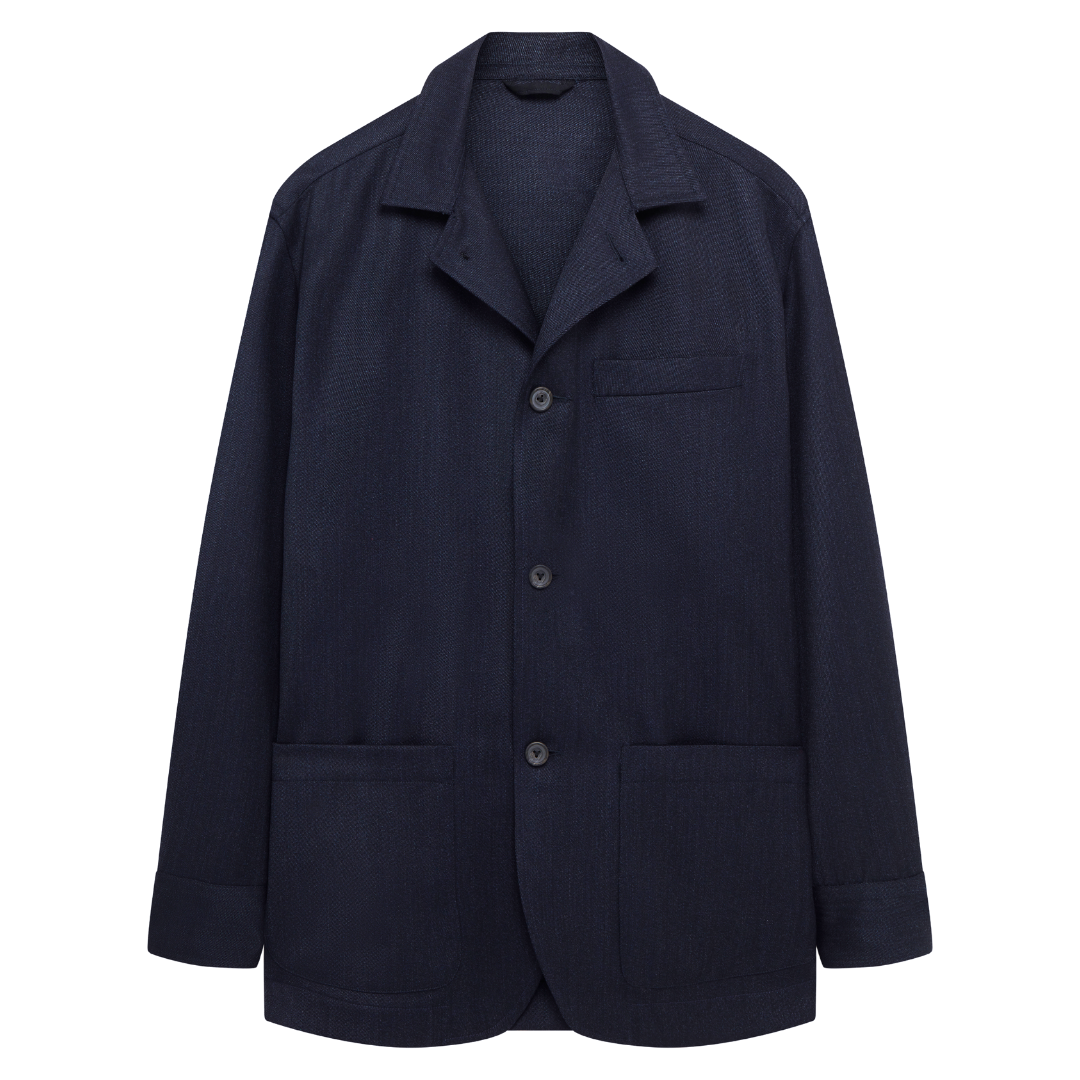
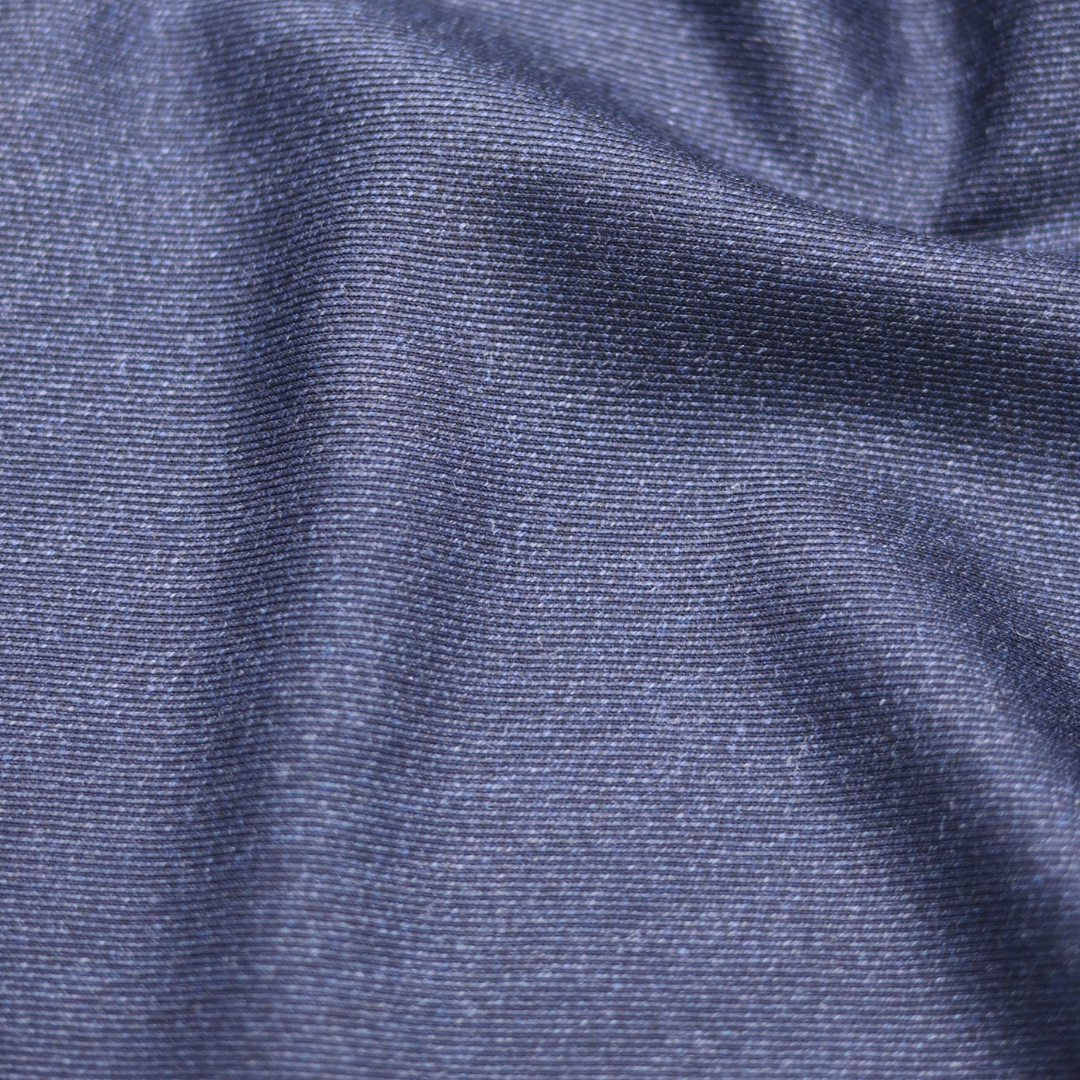
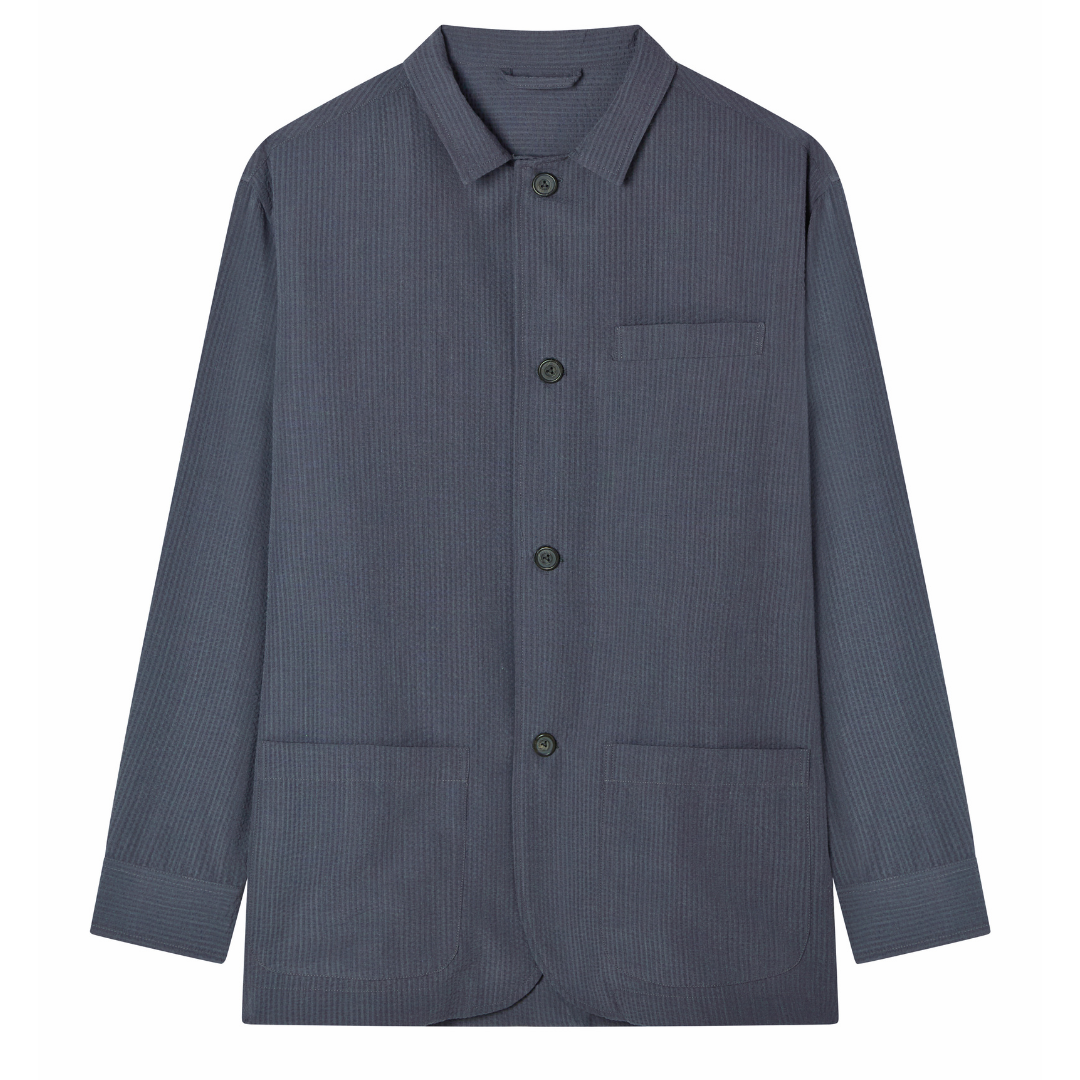
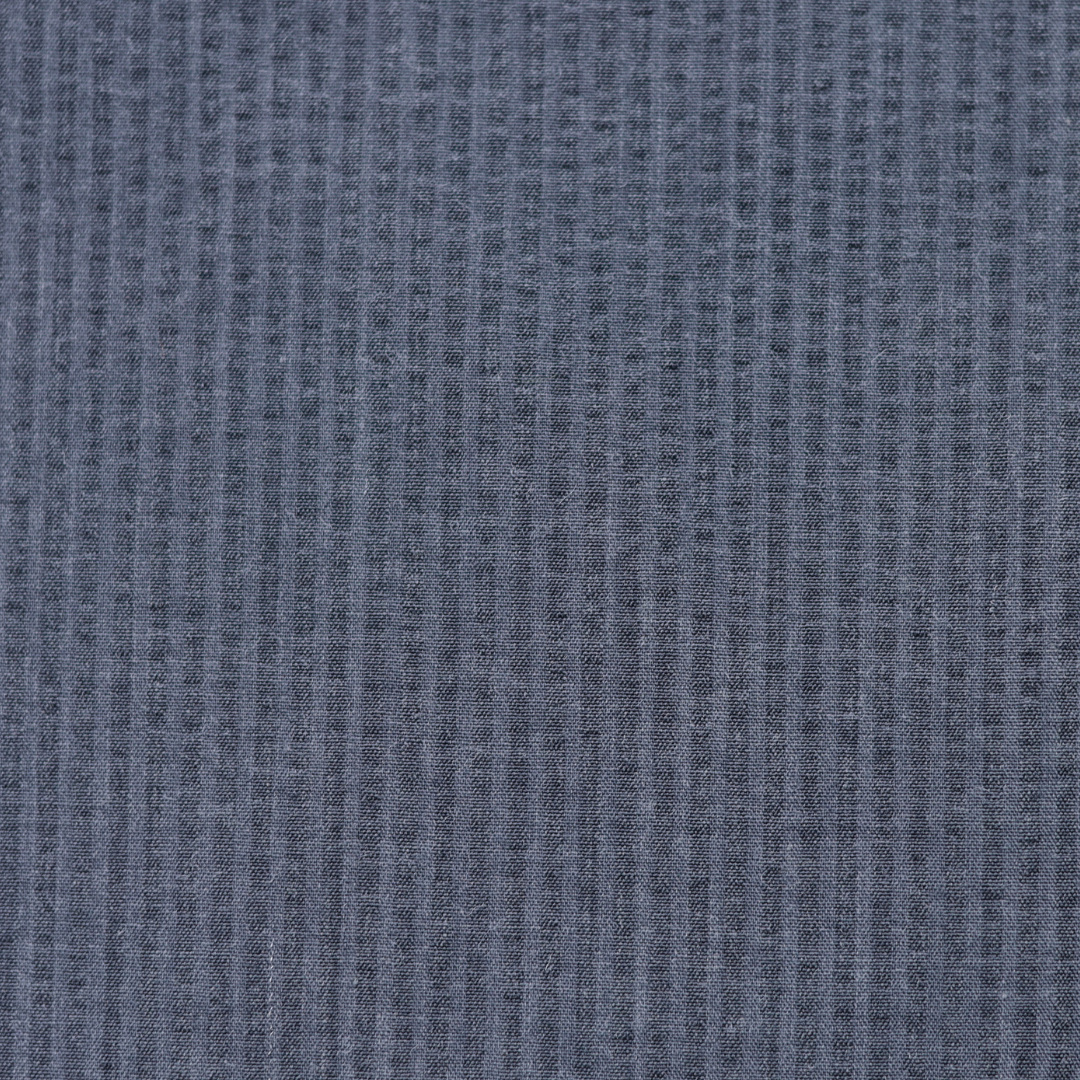
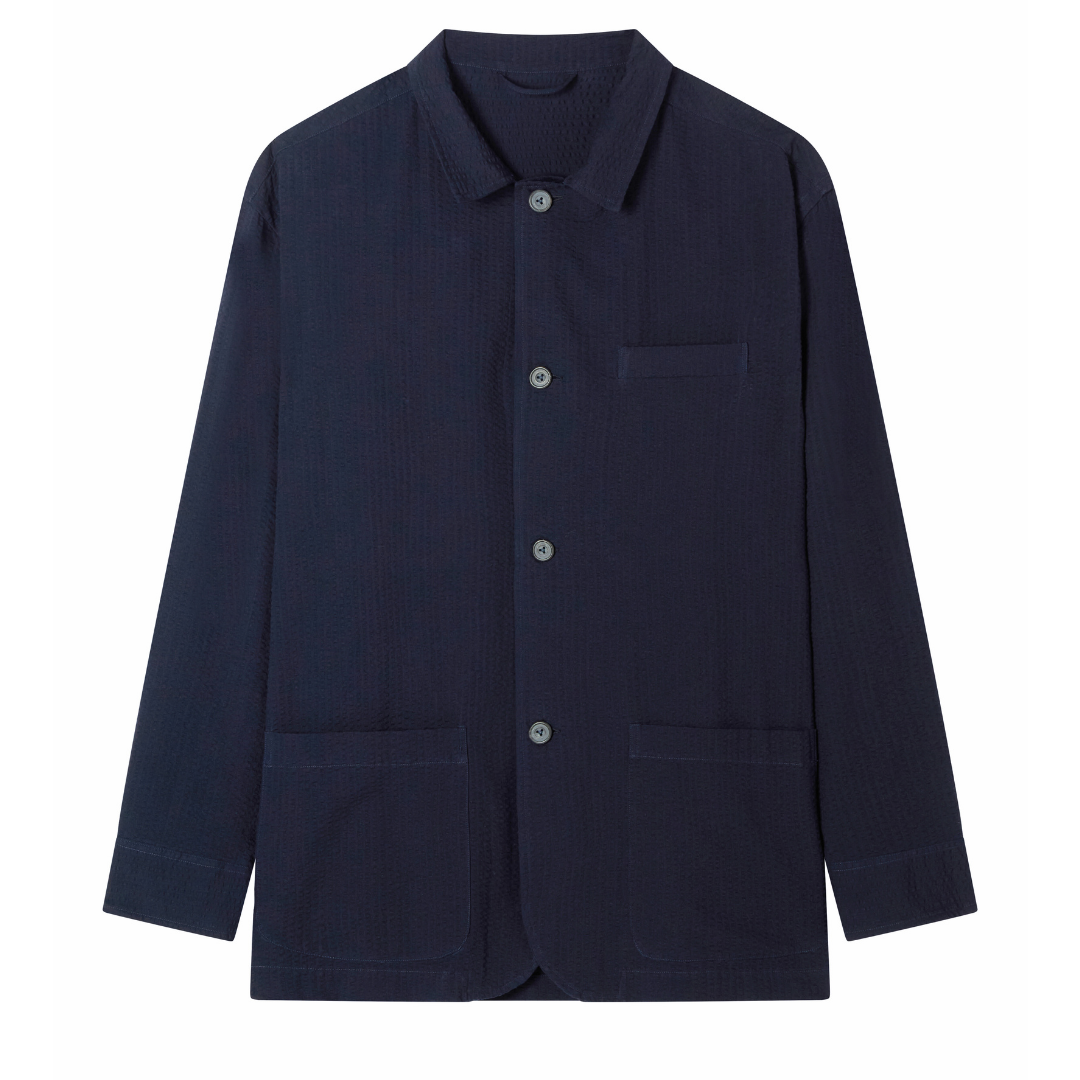
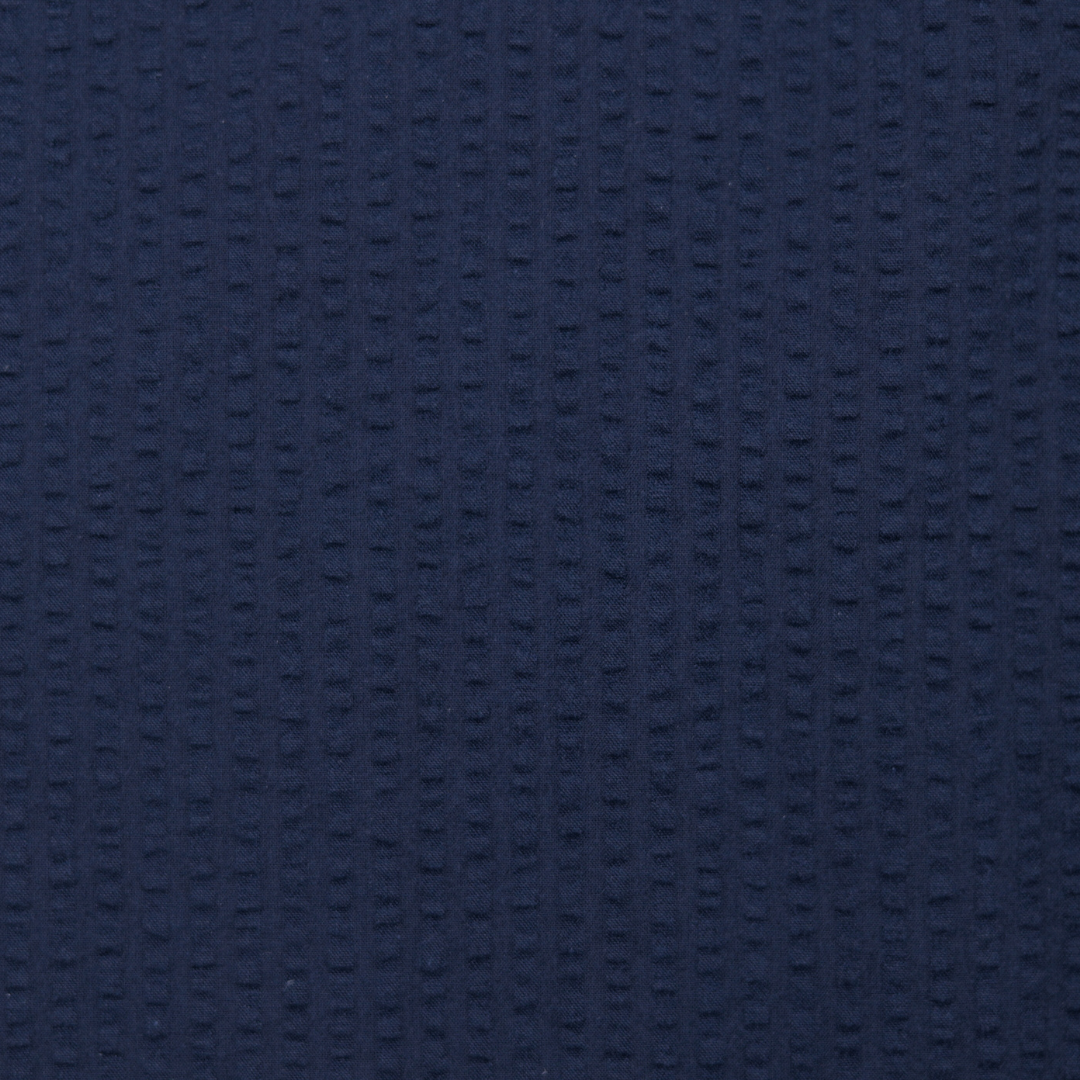
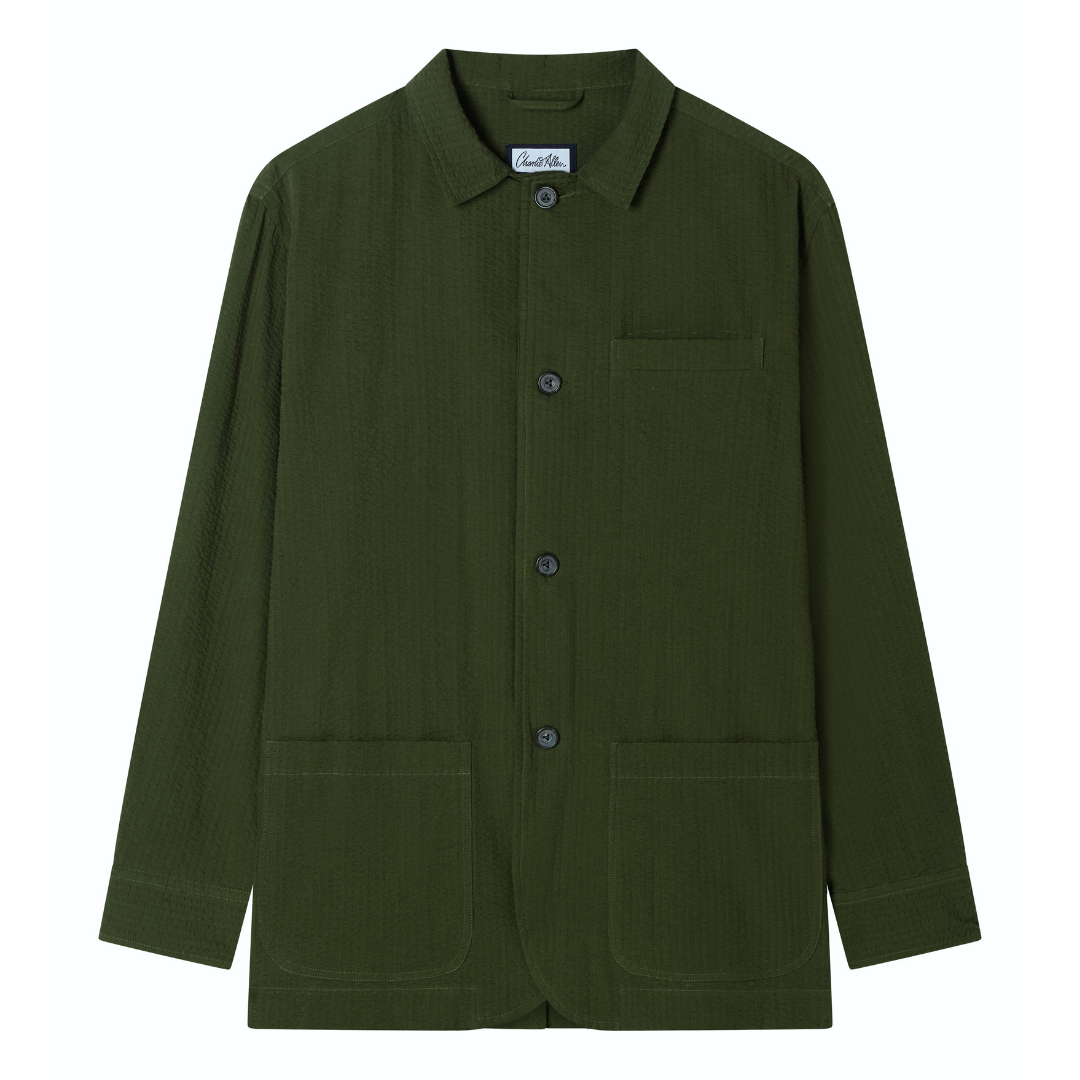
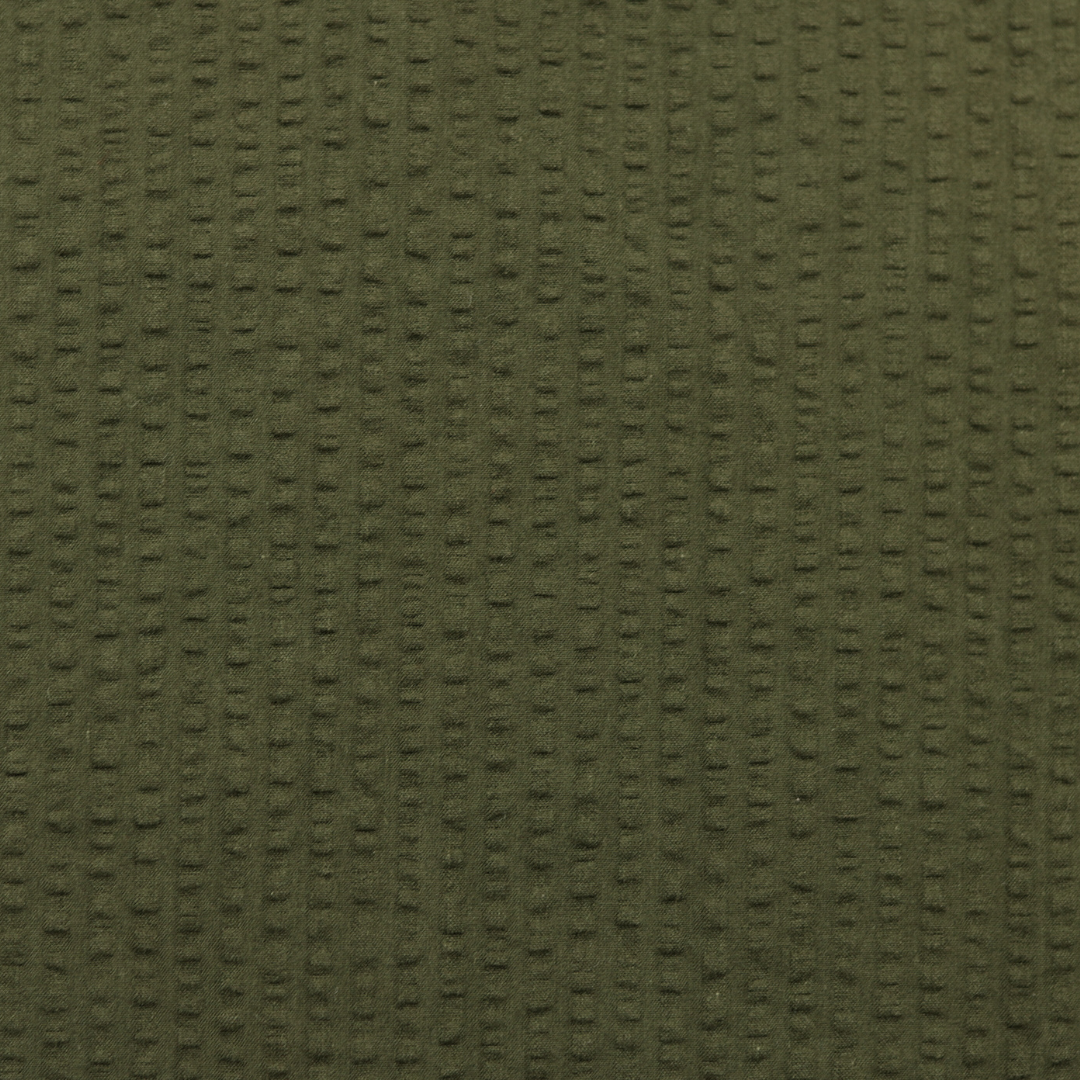
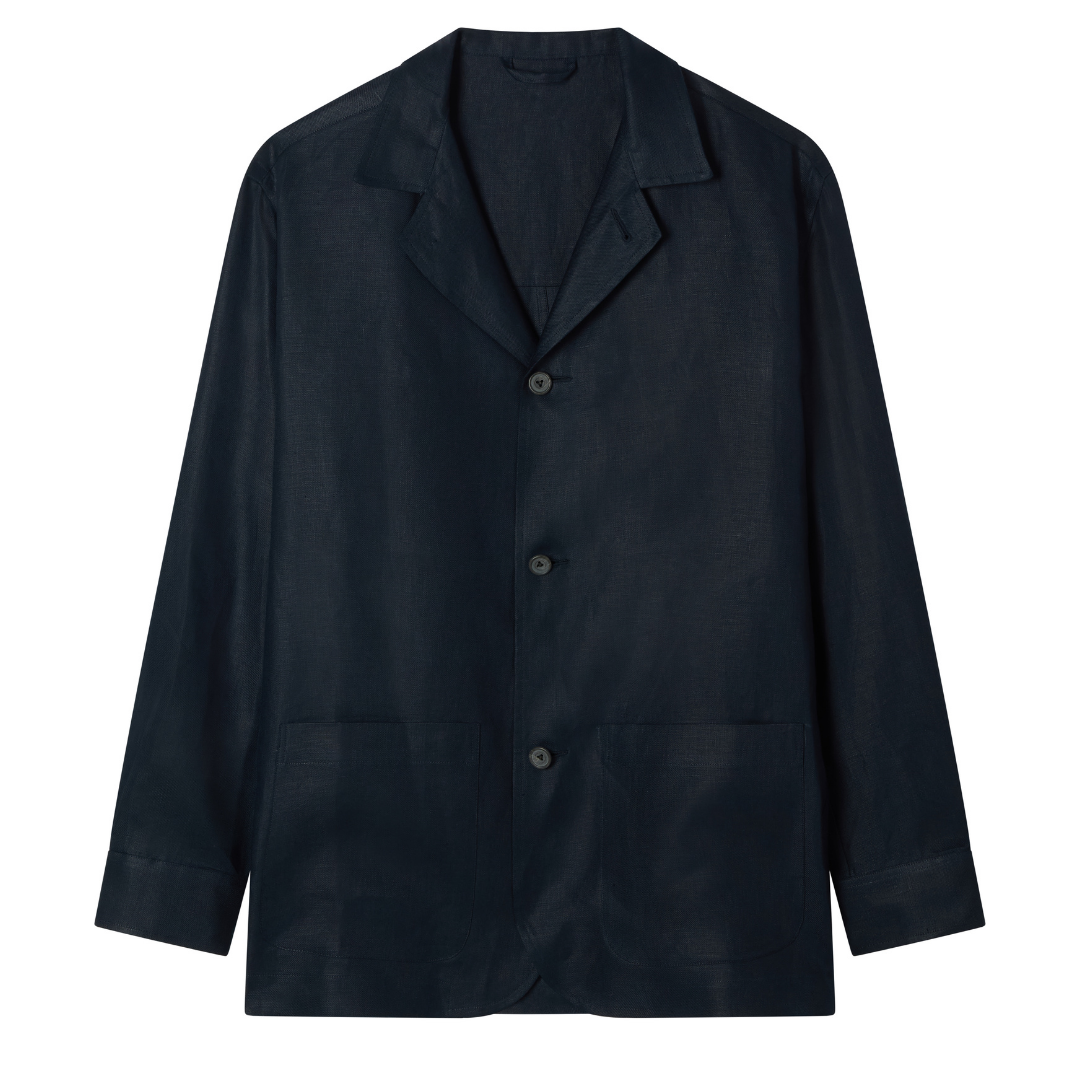
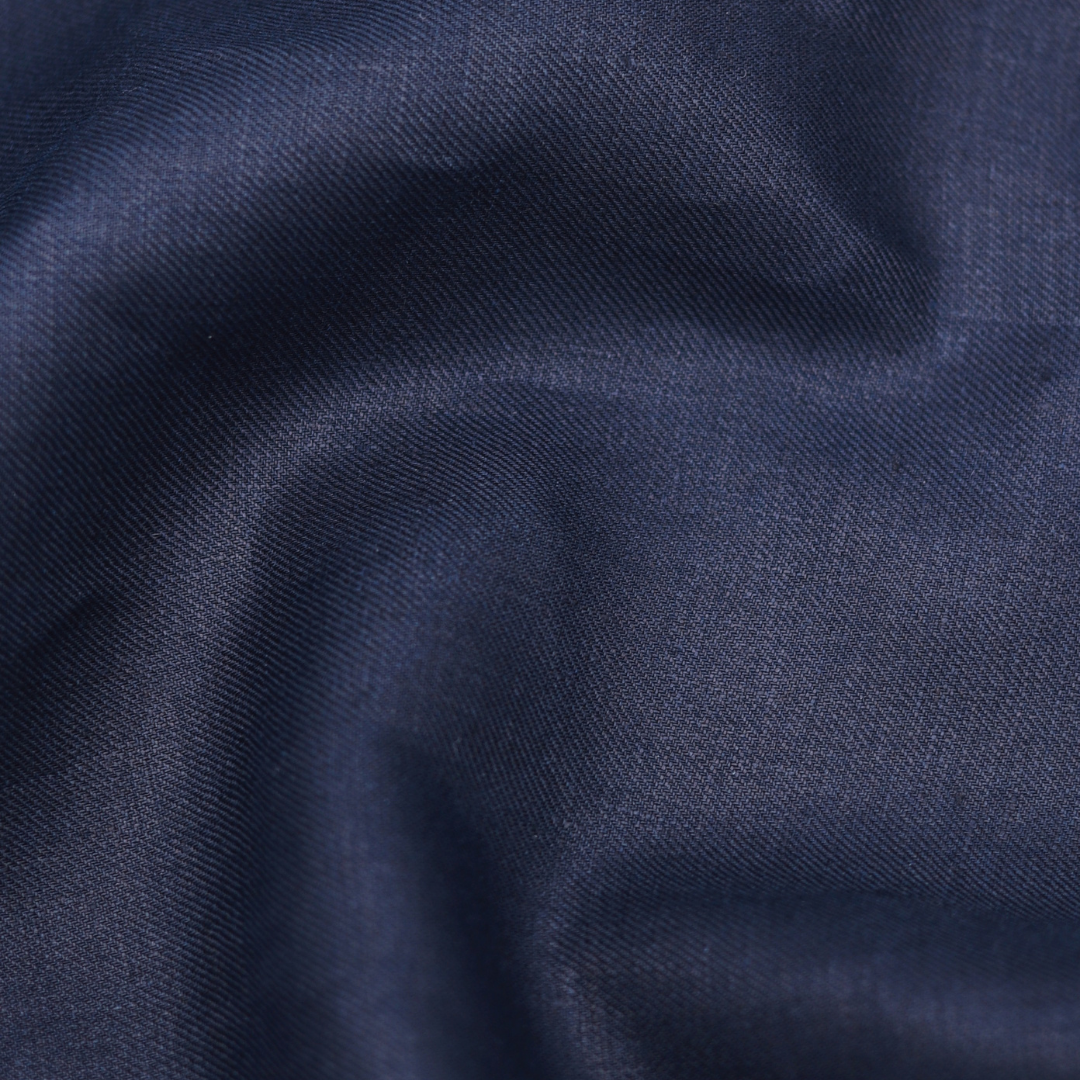
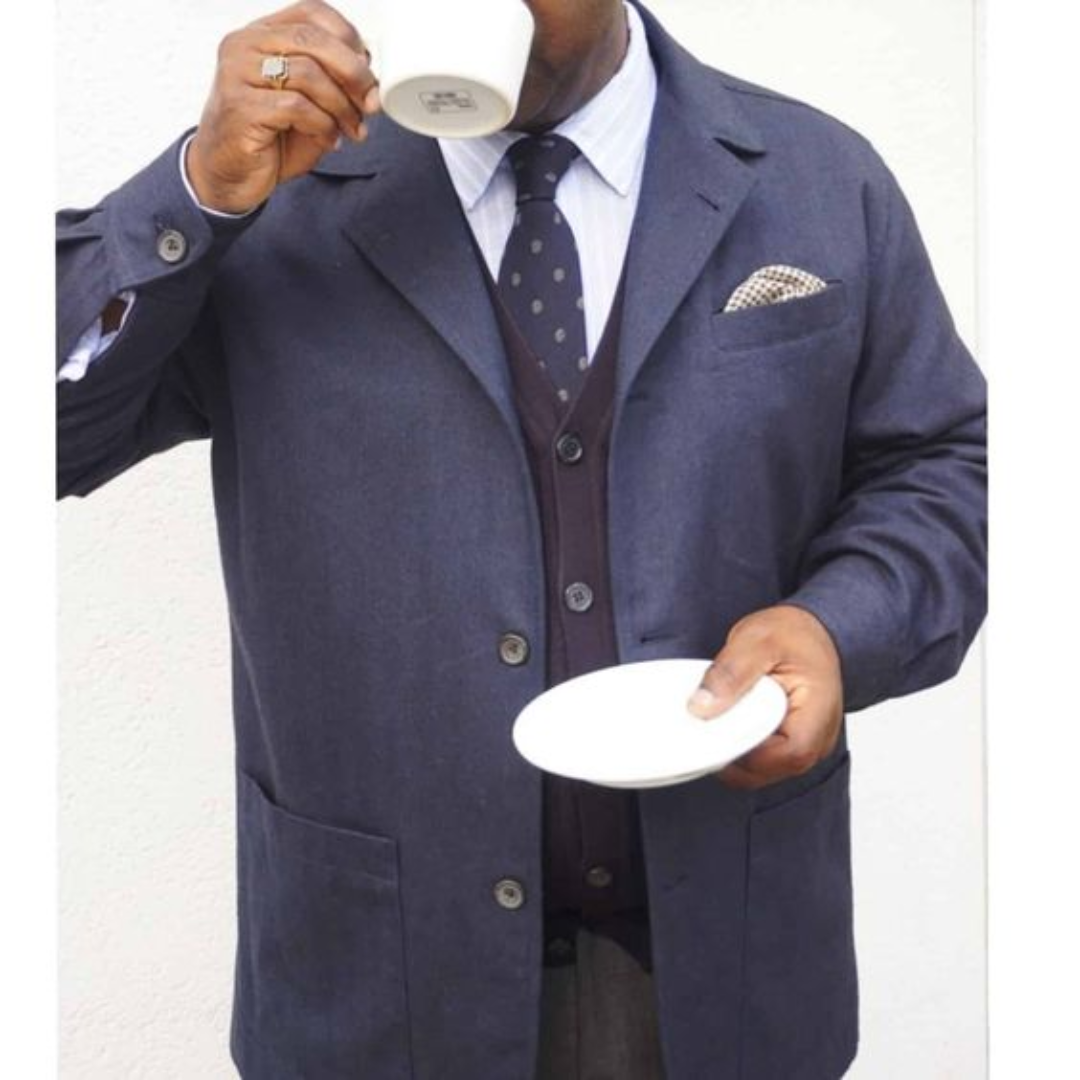
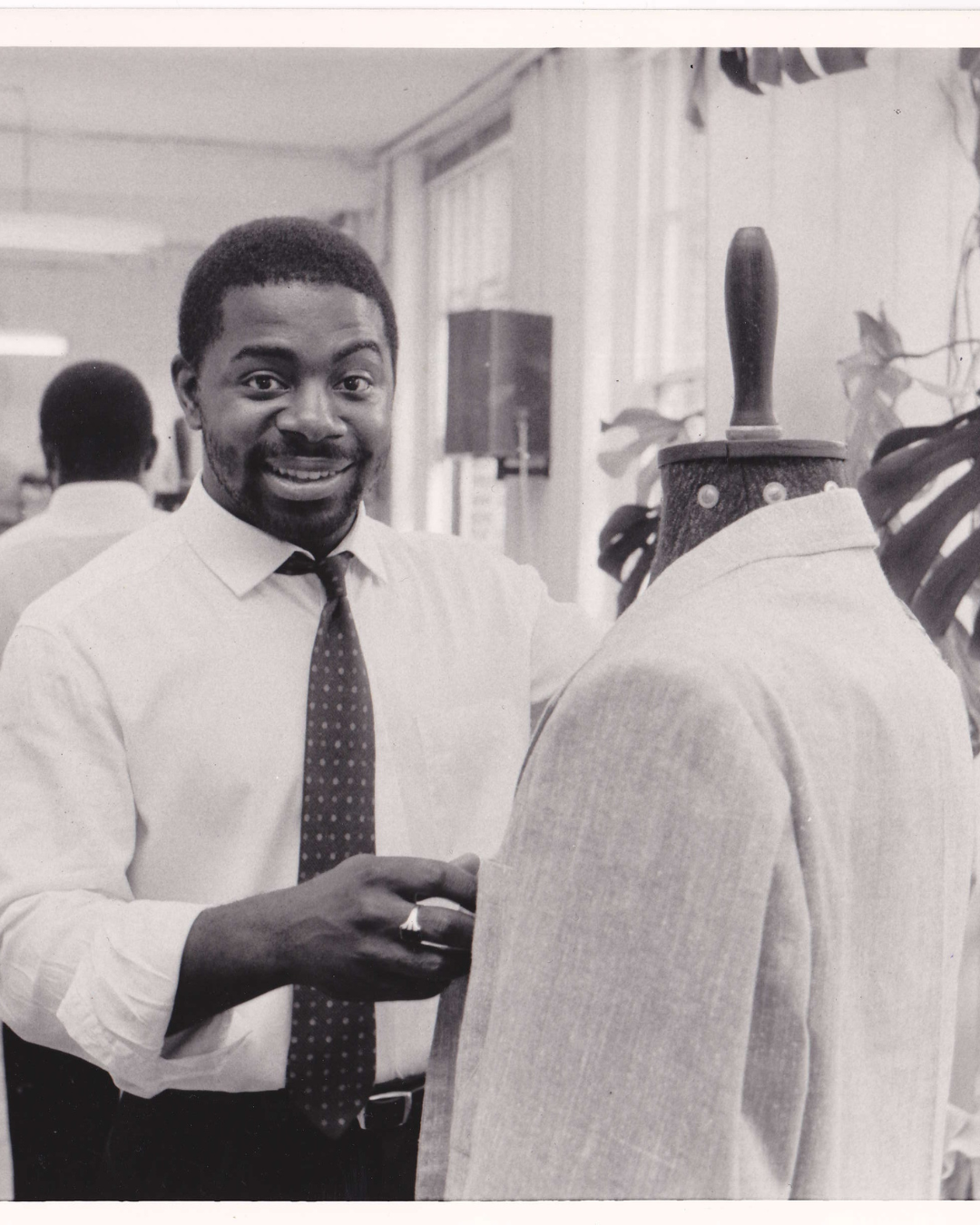
Leave a comment
This site is protected by hCaptcha and the hCaptcha Privacy Policy and Terms of Service apply.